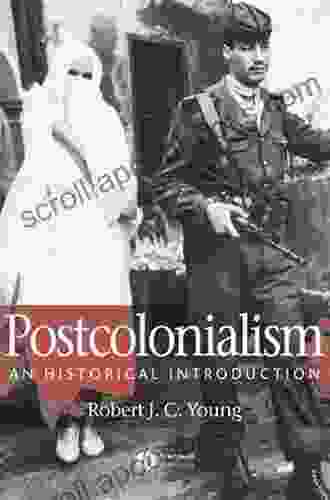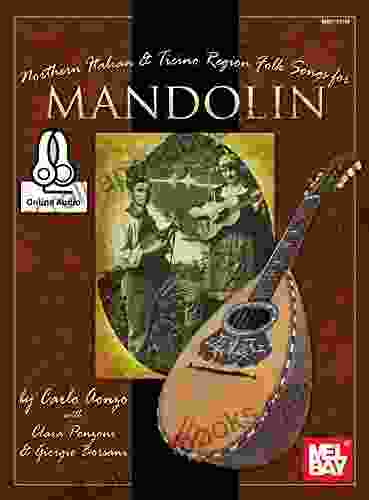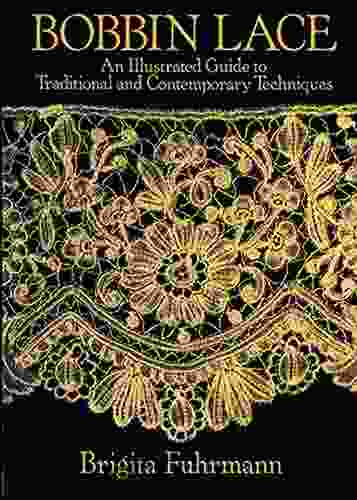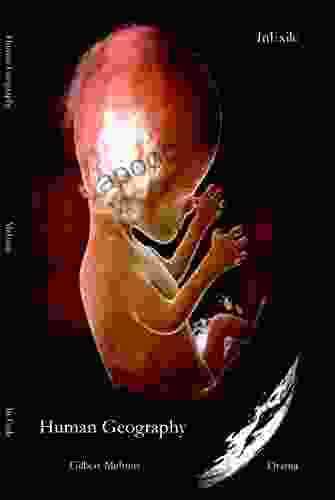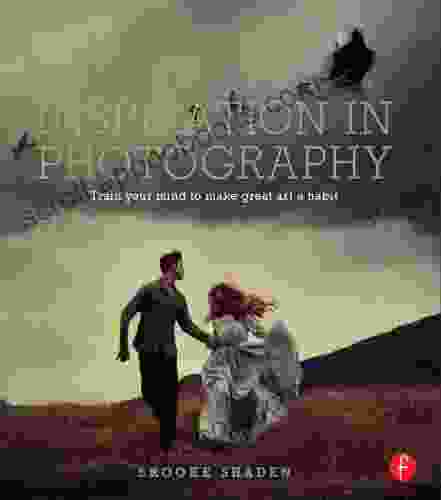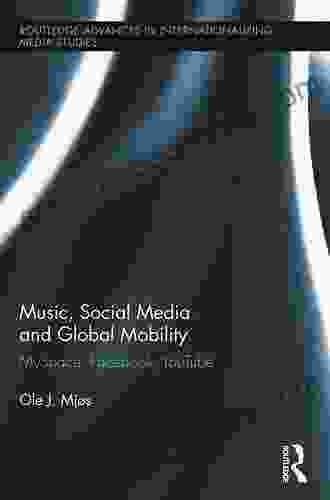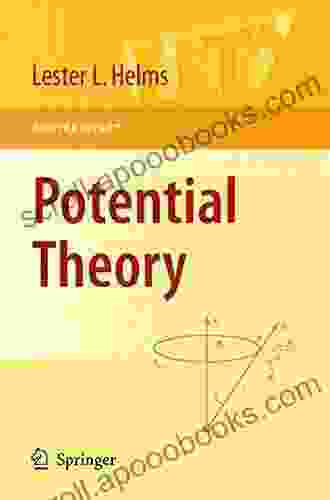In the realm of academia, "Postcolonialism: An Historical " by Robert Young stands as a cornerstone in understanding the profound impact of colonialism on societies across the globe. Published in 2001, this seminal work offers a comprehensive examination of postcolonialism, delving into its historical roots, theoretical frameworks, and contemporary relevance.
4.6 out of 5
| Language | : | English |
| File size | : | 2879 KB |
| Text-to-Speech | : | Enabled |
| Enhanced typesetting | : | Enabled |
| Word Wise | : | Enabled |
| Print length | : | 517 pages |
| Screen Reader | : | Supported |
| X-Ray for textbooks | : | Enabled |
Understanding Colonialism's Legacy
Young's book provides a lucid analysis of colonialism, shedding light on the power dynamics, exploitation, and cultural erasure that characterized this era. He traces the origins of colonialism to the Age of Exploration, highlighting the European scramble for territories and resources. Young meticulously unpacks the consequences of colonialism, including economic dependency, political instability, and the erosion of indigenous cultures.
Central to Young's analysis is the concept of "othering," a process by which colonizers construct and maintain a hierarchical distinction between themselves and the colonized. This process, he argues, is essential to understanding the dynamics of power and domination that underpinned colonialism.
Theoretical Frameworks of Postcolonialism
Beyond its historical examination, "Postcolonialism: An Historical " also delves into the theoretical frameworks that have shaped our understanding of postcolonialism. Young introduces readers to a range of theorists, including Frantz Fanon, Edward Said, and Homi Bhabha.
Fanon's work on decolonization and the psychology of the colonized is given particular attention. Young highlights Fanon's insights into the psychological toll of colonialism and the ways in which colonized peoples resist and reclaim their agency.
Said's concept of "Orientalism" is also explored in depth. Young demonstrates how Said's work exposed the power dynamics inherent in the Western construction of the East, highlighting the ways in which knowledge and representation are used to maintain colonial control.
Contemporary Relevance of Postcolonialism
While colonialism may have ended in its formal sense, Young argues that its legacy continues to shape the world we live in today. He examines the ways in which postcolonial societies grapple with issues of identity, language, and cultural representation.
Young also explores the importance of postcolonialism in understanding contemporary global power dynamics. He argues that the North-South divide, economic inequalities, and cultural conflicts can all be traced back to the legacy of colonialism.
Methodology and Sources
"Postcolonialism: An Historical " draws on a wide range of sources, including historical archives, literary works, and theoretical texts. Young's meticulous research and interdisciplinary approach provide a comprehensive and well-rounded understanding of the subject.
The book is structured chronologically, beginning with the origins of colonialism and tracing its development through to the present day. Each chapter is accompanied by a helpful summary and a list of suggested readings for further exploration.
Critical Reception and Legacy
"Postcolonialism: An Historical " has been widely acclaimed by scholars and critics alike. It is considered a foundational text in the field of postcolonial studies and has been translated into numerous languages.
The book has been praised for its clarity, comprehensiveness, and insightful analysis. Young's work has been instrumental in shaping our understanding of colonialism and its lasting impact on societies worldwide.
"Postcolonialism: An Historical " by Robert Young is an indispensable resource for anyone seeking to understand the complexities of postcolonialism. Its historical analysis, theoretical insights, and contemporary relevance make it an essential read for scholars, students, and general readers alike.
Through this work, Young provides a profound and nuanced understanding of the legacy of colonialism, empowering readers to critically engage with the enduring challenges and opportunities of our postcolonial world.



